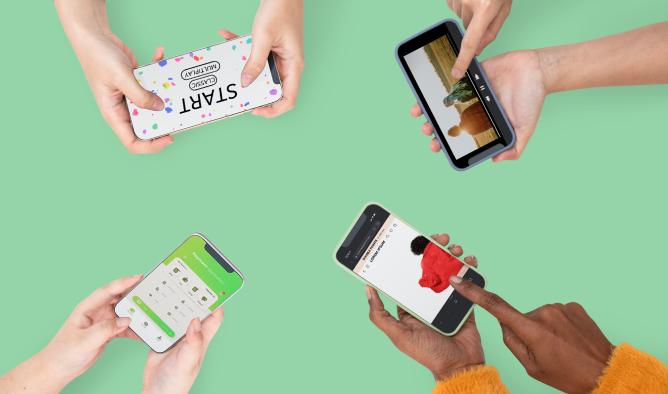Self-evaluation
Home » Self-evaluation
Self-evaluation is a teaching strategy that walks students through the process of integrating their own work evaluation as an ongoing component of their learning experience. This way, rather than feedback given by an instructor, evaluation becomes an essential, active, and continuous part of the learning experience, making learners more aware of their needs, strengths and areas for growth.
Here’s our tried and tested framework to create effective self-evaluation processes.
What self-evaluation actually means
First things first, let’s start by dispelling a common misconception: the idea that self-evaluation is all about self-grading. Spoiler alert: it’s not. Designing a process of this kind does not mean asking learners questions like “what grade would you give yourself?”, or “how did you perform?”. Nor is it about counting mistakes and taking away points from the final grade.
Instead, self-evaluation means helping learners gain a broader perspective on their learning experience by making them more autonomous and conscious of their role in it. Of course, this is easier said than done. That’s why, to make self-evaluation truly effective, there is a teaching tool you can easily use: a self-evaluation checklist.
What on Earth is a self-evaluation checklist?
A self-evaluation checklist is a manageable list of, for example, 5 to 10, actionable questions or statements that learners must consider. It’s a way to measure whether one has effectively achieved the learning goal that was identified by the instructor at the beginning of the activity.
The checklist is prepared by the instructor during the instructional design phase and given to the participants once the activity is assigned. During the activity, each learner gives themselves a rating for each category on the checklist: from quantitative to qualitative scores. At the end, the overall results allow the learners to objectively self-assess their work.
The recipe of a good checklist
- It’s written in clear, simple language
- Each statement or question directly relates to the activity and is important for successful participation in the activity
- The expected answer for each question or statement can be supported by evidence from the activity
- It could include questions or statements that can be assigned a score based on a range (strong to weak, 1-5, etc), e.g. – “I followed the procedure correctly.”
- It could include prompts for learners to assign a qualitative evaluation, e.g. – “I found the activity was: very easy / easy / just right / difficult / too difficult”.
- It may include objective phrases that require a yes-or-no response and that are based on facts, e.g. – “I included a title for my presentation.”
- It could include open-ended questions at the end, e.g. – “What could I have done better?”
Remember: An effective checklist allows for formative, or on-going assessment meant to provide feedback. It does not measure a level achieved at the end of an activity, but instead helps monitor and improve the learning process as it progresses, encouraging learner autonomy and personalized learning experiences.
-
 Explain the learning activity on the Wall
Explain the learning activity on the Wall -
 Invite learners to leave comments and share their thoughts during the process
Invite learners to leave comments and share their thoughts during the process -
 Create a Module in the Lesson section containing a checklist PDF to help learners set up their learning journey and track their progress
Create a Module in the Lesson section containing a checklist PDF to help learners set up their learning journey and track their progress -
 In the Lesson section, add all the resources learners might need
In the Lesson section, add all the resources learners might need -
 Create a Google form out of the checklist - this way, you can collect responses and have a graphic representation of how your learners did as a whole
Create a Google form out of the checklist - this way, you can collect responses and have a graphic representation of how your learners did as a whole
Self-evaluation: In a nutshell
Self-evaluation can be applied to any learning environment. It’s not just a theoretical methodology, but also a tool that can be embedded in any learning journey to boost learners’ self-awareness. This enables anyone to observe and assess their work independently, stimulating a dynamic and reflective approach to learning. As a result, learners deepen their understanding of not just the topic at hand, but also of their own learning process.
Jump right back in
Ready to boost your learners’ self-awareness?



